The anti-military groups’ goal of establishing a new political system in Myanmar appears to have dissipated as a result of the failure of key stakeholders to uphold their commitment to the elimination of the military and the establishment of a federal democracy union.
Recently, there were rumors that former President Thein Sein visited China to meet with Chinese President Xi Jinping to discuss the ongoing conflict in northern Shan State, known as the second phase of the 1027 Operation. Five key issues were discussed during his visit: (1) preventing the United Wa State Army (UWSA) from partaking in the conflict; (2) stopping the Myanmar National Democratic Alliance Army (MNDAA) from engaging in fights outside its territory and returning recently seized towns such as Laokhai and Chin Shwe Haw to the Myanmar central government; (3) halting UWSA and MNDAA support for the Ta’ang National Liberation Army (TNLA); (4) ensuring China, UWSA, and MNDAA do not support the TNLA, Arakan Army (AA), and Kachin Independence Army (KIA) as they launch offensives against the Myanmar military; and (5) Thein Sein warning Xi Jinping that the Myanmar military would attack UWSA and MNDAA if they continued their support to these groups.
However, the news of Thein Sein’s discussion with Xi Jinping is false, as he did not meet with him. Thein Sein only met with Chinese Foreign Affairs Minister Wang Yi. Also, Thein Sein’s visit to China was to attend the 70th Anniversary of the Five Principles of Peaceful Coexistence in Beijing, which had no relation to the 2nd wave of the 1027 Operation that began Lashio Township.
Some believe that China might ask Thein Sein to act as a caretaker for the government before the 2025 General Election. Another speculative rumor claims that China invited General Soe Win to the Green Economy Forum to support his replacement of Senior General Min Aung Hlaing. However, historically in Myanmar, deputy commanders-in-chief have not succeeded commanders-in-chief, as seen with General Ne Win not choosing his deputy General San Yu, and General Than Shwe not allowing General Maung Aye to succeed him.
These rumors came from political stakeholders failing to fulfill their responsibilities and relying on China to resolve the crisis. Also, some groups shifted their political stance, accepting the military-drafted 2008 constitution, while some Ethnic Armed Organizations (EAOs) focused on nationalist ideologies and territorial expansion instead of removing the Myanmar military from politics.
Therefore, the Western community is concerned regarding the EAOs’ capacity to overthrow the military-led State Administration Council (SAC) and endorse the Federal Democracy Charter. For this reason, the Western community advocates for dialogue between the SAC and the National Unity Government (NUG) in order to resolve the issues.
Thus, it seems that establishing a new political system in Myanmar remains a far-off goal, with each stakeholder pursuing their own agenda.





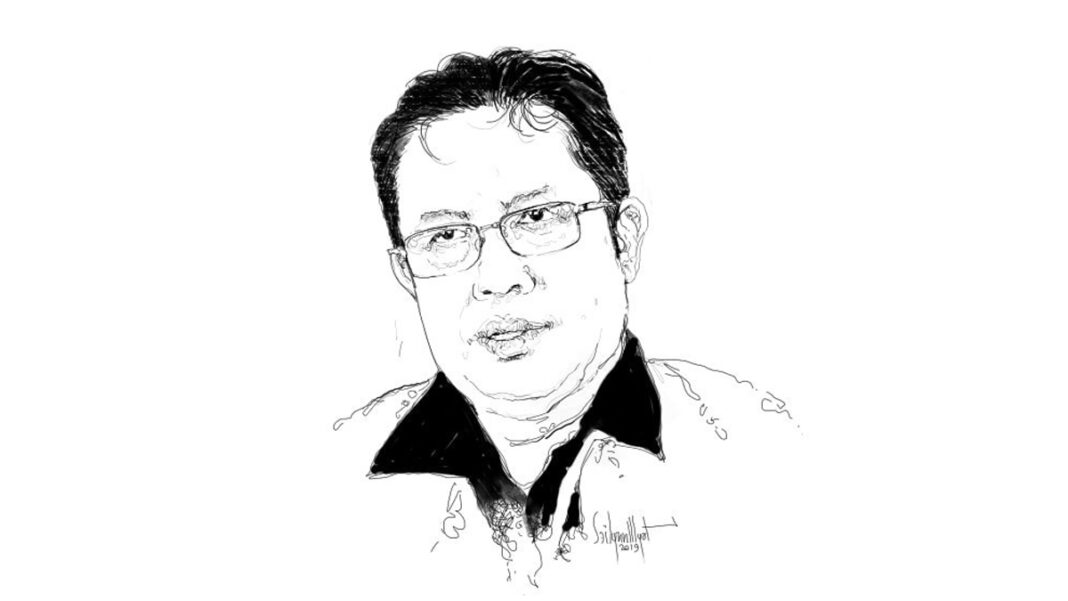
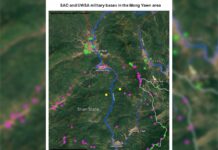
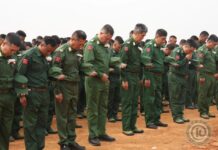
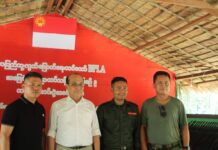
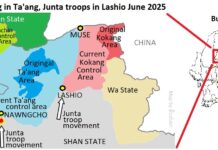
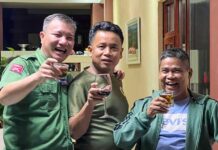






Leave a Comments